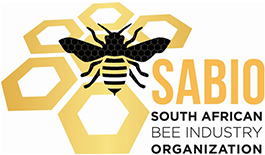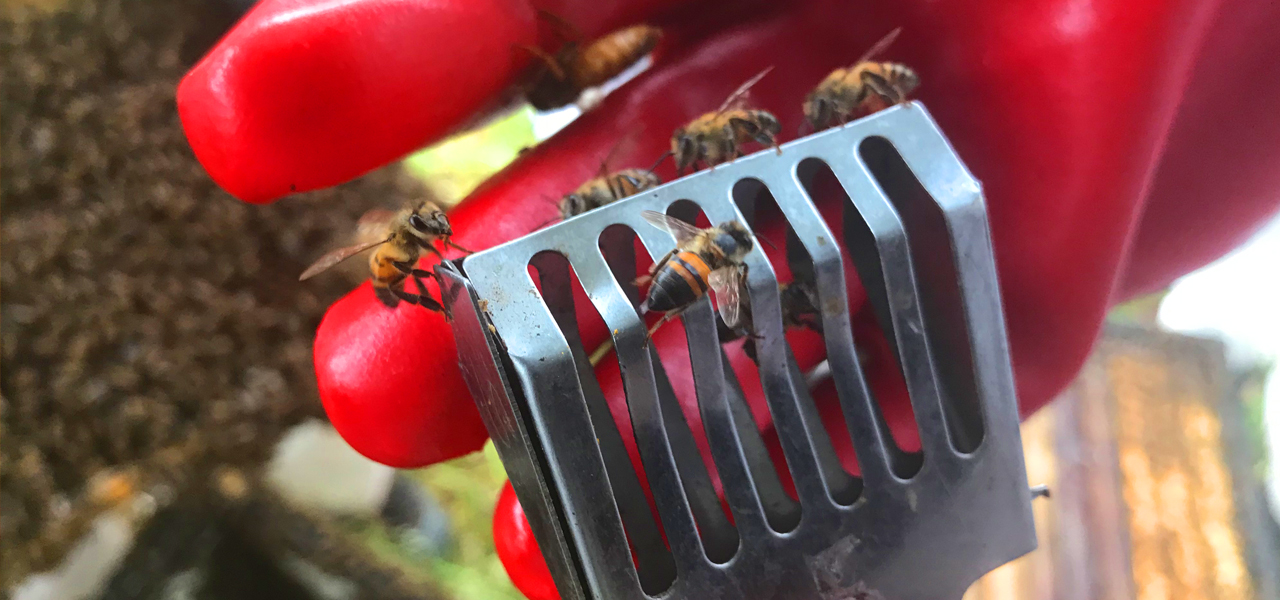Beekeeping courses
A bee is an exquisite chemist.
Listen to the bees
& let them guide you.
We offer a variety of beekeeping services ranging from beekeeping courses to pollination services.
Pollination services
Hive Management Service
Beekeeping courses to beekeeping equipment
From our signature raw Kings Honey products to our beekeeping equipment, we offer a variety of products and services.
Our beekeeping courses
Our beekeeping course has to date been attended by at least 200 private individuals and 85 rural beekeeping project participants in several projects throughout Mpumalanga and KwaZulu Natal. Courses of different levels are available virtually on a monthly basis. See our latest schedule and course layout.
From the hive to your home
Kings Honey, our 100% pure, raw Lowveld honey is sourced responsibly and sustainabily. Giving you peace of mind to not just enjoy our honey but knowing your supporting a good cause.
Beekeeping equipment and hive sales
Beehives, Protective Clothing, Beekeeping & Honey Extraction Equipment get everything here.
Learn more about us
We believe that all things are connected. We should all take responsibility to ensure that our planet and all in it survives & thrives.
We're part of the South African Bee Industry Organisation
SABIO is an organised body representing the Beekeeping Industry in South Africa. SOUTH AFRICAN BEE INDUSTRY ORGANISATION (SABIO).
In its current structure it has been in existence for the past 10 years representing beekeeping interests at local, regional, national and international level.

99
Years in existence
252
Registered members
30
Professionl & corporate members
Interesting facts about bees

Honey in Egypt
Honey was found in the tomb of King Tutankhamun and it was still edible, however a little bit dry
Evaporating nectar
To make honey, bees drop collected nectar from their honey stomachs into honeycombs & evaporate the water from it by fanning it with their wings.
Honey can
sustain life
sustain life
Honey is the only food that includes all the substances needed to sustain life, including water.
Worker bees
An average worker bee makes about 1/12 teaspoon of honey in its lifetime and only lives around 45 days. She mostly works herself to death
The buzzing sound
A bee beats it's wings approximately 11 400 times every minute. That's what makes the buzzing sound.
4 Million flowers
About 4 million flowers must be visited to make 1kg (2.2 pounds) of honey.
Bees role in nature
Our well-being depends on healthy natural ecosystems. To a large extent, pollinators including honey bees sustain populations of wild plants that maintain the good health of ecosystems.
Bees supporting the economy
Bees in addition to providing increased crops and increased profitability to farmers by pollination, also contribute to job creation and employment both at beekeeping and farm level. This is a huge contribution to food security and poverty alleviation.
The bee hive as a natural pharmacy
Products from the bee hive including honey, beeswax and propolis are widely used to heal many ailments as they have numerous medical benefits.
Honey crystallisation
Honey sometimes takes on a semi-solid state known as crystallized or granulated honey. The complex sugars contained in nectar is broken down by enzymes within the bees honey stomach. This causes the nectar to break down into 3 main components: glucose, fructose and water. Water is evaporated till the honey is thick and gooey. This natural phenomenon of crystallisation happens when the glucose level is higher than the fructose level, conversely the more fructose in the honey, the slower it will crystallise. There is no one test, other than a laboratory, to determine the purity of honey.